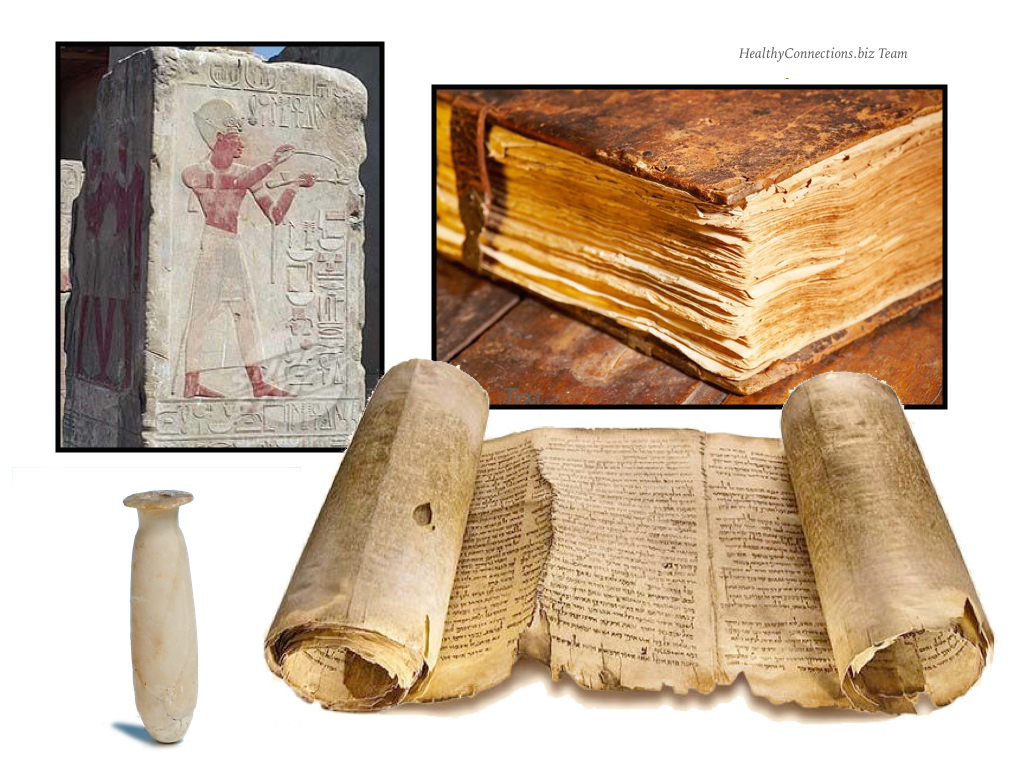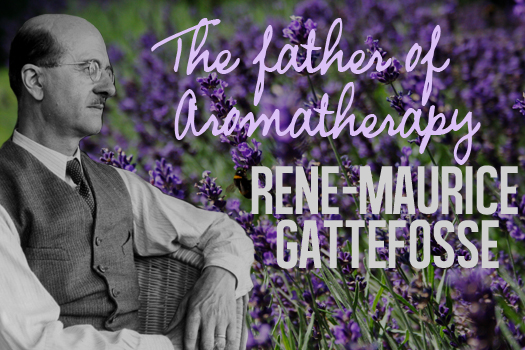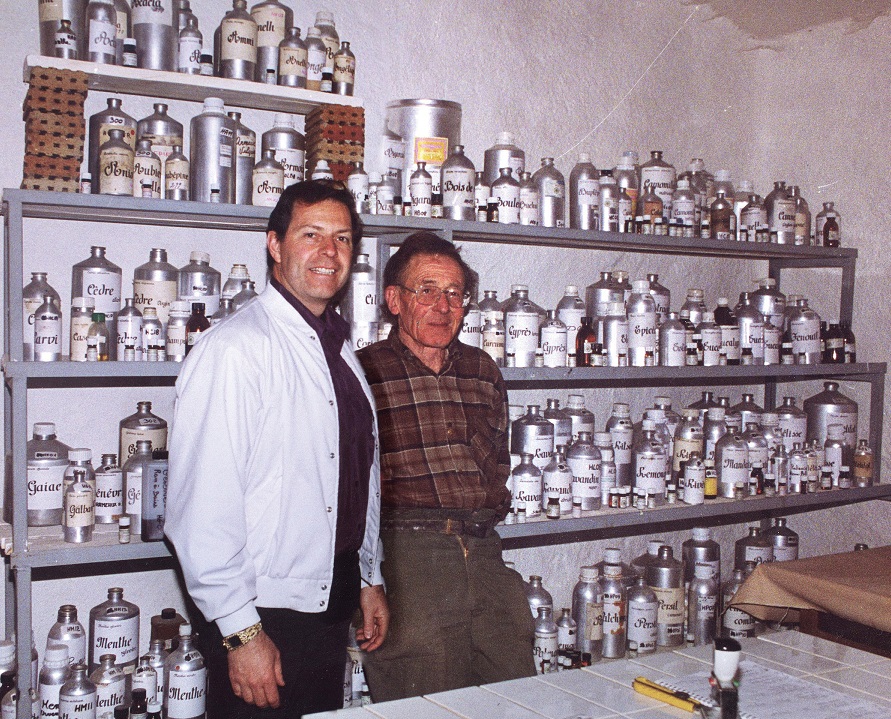The History of Essential Oils
Did you know that essential oils may be the oldest and some of the most powerful agents to support health and wellness known throughout history?
Some scientists believe that essential oils were first used in China or India, while other researchers believe that Egyptians were first to discover the beneficial properties of essential oils. The Egyptians created fragrances for personal use as well as for ritualistic and ceremonial use in temples and pyramids. Egyptians and Babylonians used the oils for medicinal purposes long before the individual herbs were studied for medical use.

Translations of ancient Egyptian hieroglyphics and Chinese manuscripts describe how essential oils were used thousands of years before the time of Christ. Records dating back to 4500 BC describe the use of balsamic substance with aromatic properties for religious rituals and medical applications. The Egyptians collected essential oils and stored them in alabaster vessels. In 1922, about 50 heavy alabaster jars designed to hold 350 liters of oils were discovered (they contained traces of oils) when they opened King Tutankhamen’s tomb. Tomb robbers literally chose to steal the oils over the gold.
There are more than 200 references to aromatics, incense, and ointments in the Bible. Myrrh, just one of those oils was mentioned in the Bible 18 times directly and 138 times indirectly. It is the most mentioned oil in the Bible. One reason is that Myrrh was regularly added to other fragrances and ointments because it helped to prolong their life. Frankincense, also well known because along with Myrrh and gold, was given as a gift to the Christ child. Frankincense was well known during the time of Christ for its anointing and healing powers and is now being researched and used therapeutically in European hospitals. Click here to discover modern uses for ancient oils.
The Ebers
Papyrus, a medical scroll over 870 feet long dating back to
1500 BC was discovered in 1817. The scroll describes over
800 different herbal remedies and prescriptions. Many
contained Myrrh and honey.
The Romans fumigated with oils and resins in their temples
and political buildings and scented their baths with oils
followed by a fragrant oil massage.
The ancient Arabian people began to study the chemical properties of essential oils. They developed and refined the distillation process. They extracted rose oil and rose water, which were very popular in the Middle East at that time. Kings would barter and buy land, gold and slaves with their crudely extracted oils. The oils were more valuable than gold. Sadly, during the Dark Ages, with the burning of libraries in Alexandria and other places, much of the knowledge of essential oils and their uses were lost.

The History of Thieves
During the Medieval plague, four 15th-century French thieves formulated a special aromatic combination composed of clove, rosemary, and other botanicals they used while robbing the dead and dying. When finally captured, the men reportedly admitted to creating a concoction that contained 50 cloves and the herb rosemary, along with other aromatics. They rubbed this potion on their hands, ears, and temples. The secret of the thieves was made public and the formula was posted in the city. Young Living’s entire Thieves product line is infused with our popular and powerful Thieves essential oil blend, a proprietary combination of Cinnamon, Lemon, Rosemary, Eucalyptus, and Clove essential oils. The company founder, Gary Young based this formulation based on 17 different versions of the thieves story while studying at the Warwick University in London, England, in 1991. Through his research he was led to four key botanicals: clove, cinnamon, rosemary, and lemon. He took the essential oils of those botanicals and combined them with eucalyptus essential oil to make Thieves essential oil blend.








